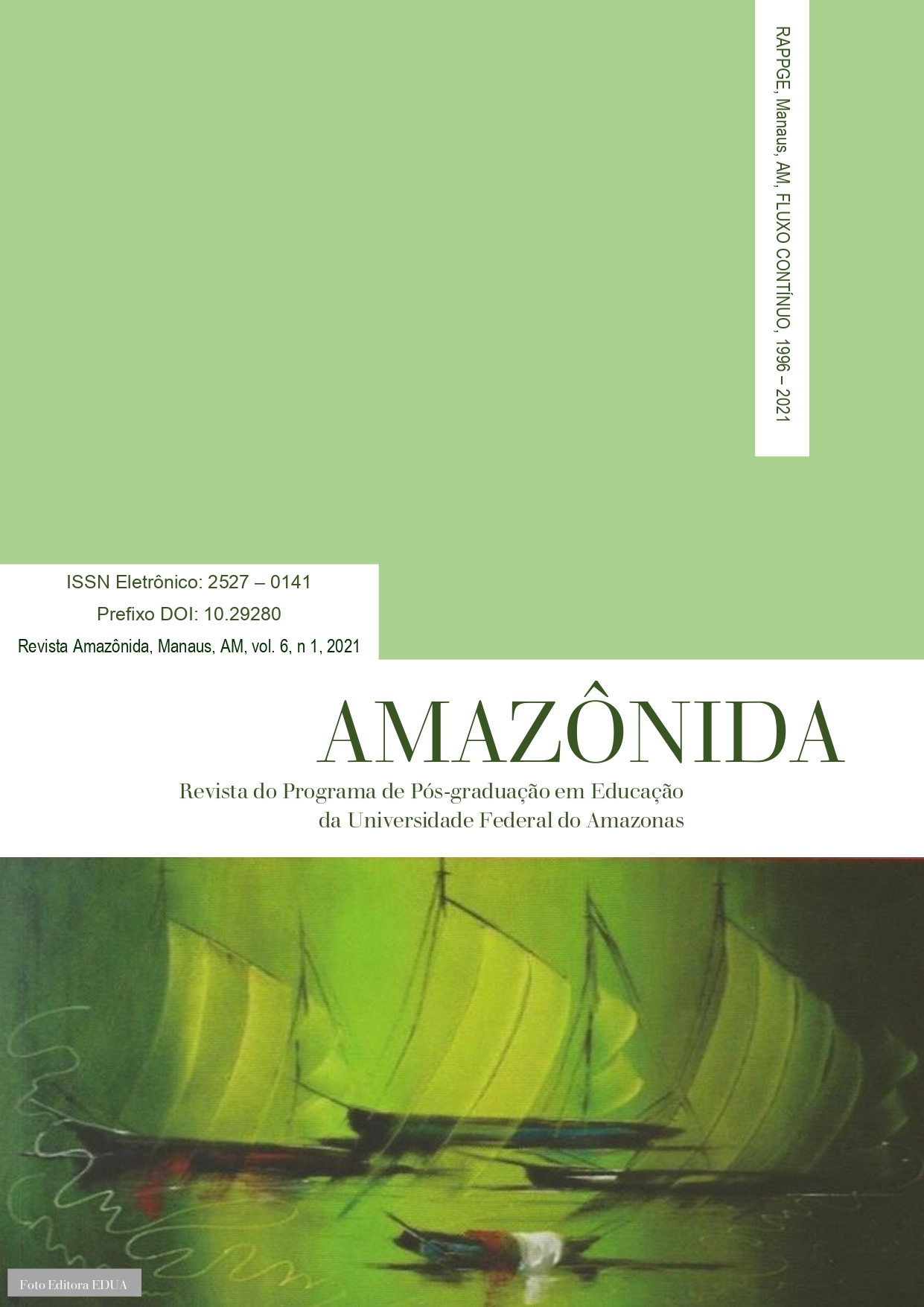POSSIBILITIES FOR PEDAGOGICAL USE OF VYGOTSKY’S CONCEPT OF CONSCIOUSNESS IN BRAZIL
A SYSTEMATIC REVIEW ON STRICTO SENSU RESEARCH
DOI:
https://doi.org/10.29280/rappge.v6i01.9962Abstract
This article consists of a systematic review on possibilities of pedagogical use of the concept of consciousness, by L. S. Vygotsky, in Stricto sensu research, materialized in theses and dissertations developed in Brazil. To this end, it develops an in-depth literature review based on Vygotsky’s originals on this concept and presents results of research conducted with the Brazilian Digital Library of Theses and Dissertations – which sought investigations that addressed the concept of consciousness from the Vygotskian perspective and applied/analyzed it in pedagogical situations. From the systematic search and thorough analysis, carried out in February 2019, which resulted in 195 studies (combining the words “Vy(i)gotsky(i)”; and “Consciousness”; in titles and abstracts), four were verified that related awareness (Osoznanie) to some pedagogical practice, two theses and two dissertations. The most relevant finding refers to the fact that the four studies related this concept to pedagogical activities on teaching and/or mastering of written language. In the end, it is noted that there are still few Stricto sensu studies in Brazil that address this central concept of Vygotsky in relation to pedagogical practices – none in the Northern Region of the country until the date of the systematized search undertaken. Because it is a very important concept in Vygotskian work, it is indicated that researchers linked to historical-cultural theory can use it more frequently in studies and pedagogical practices, given its close link with the processes of learning, development and overcoming difficulties by students in the cognitive field.
Keywords: Consciousness; Vygotsky; Pedagogical practice; Brazilian Digital Library of Thesis and Dissertations; Cultural-Historical Theory.



























